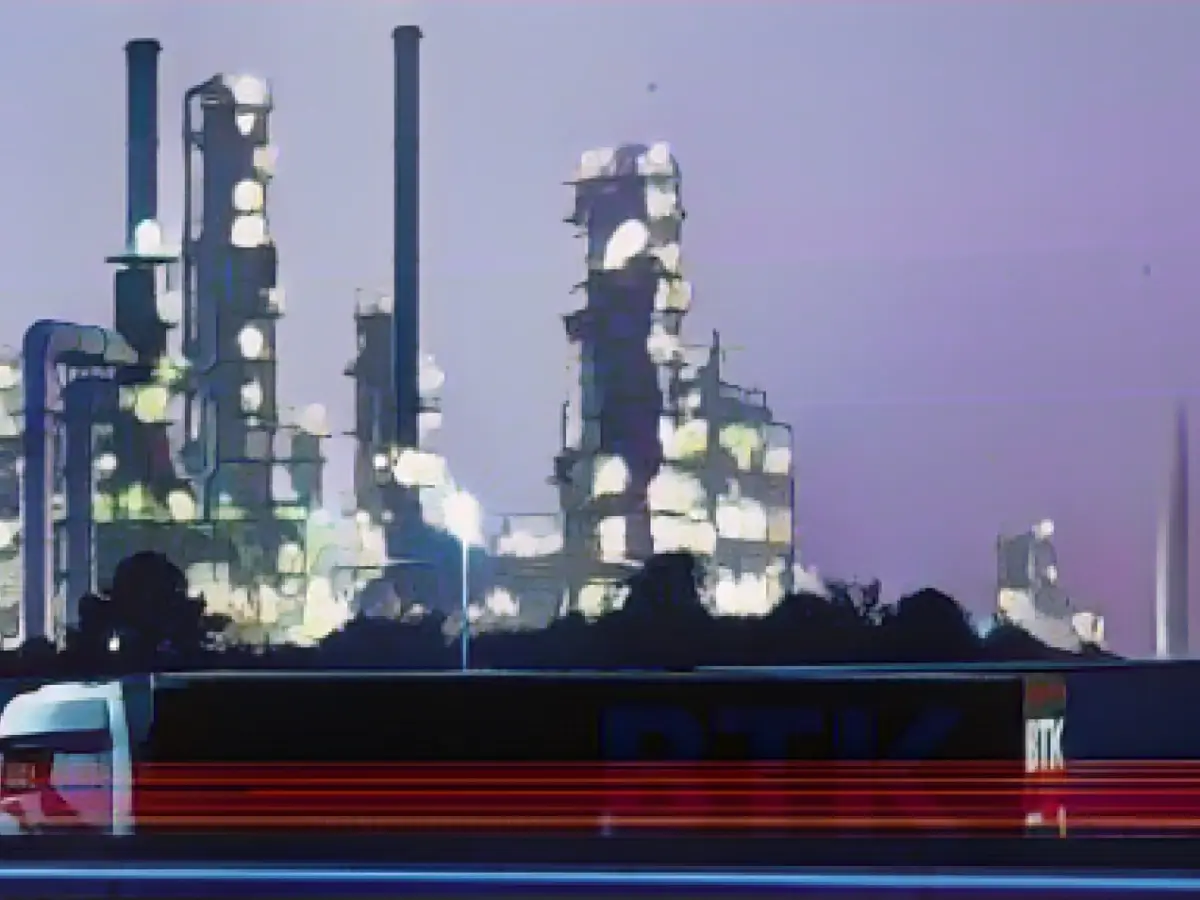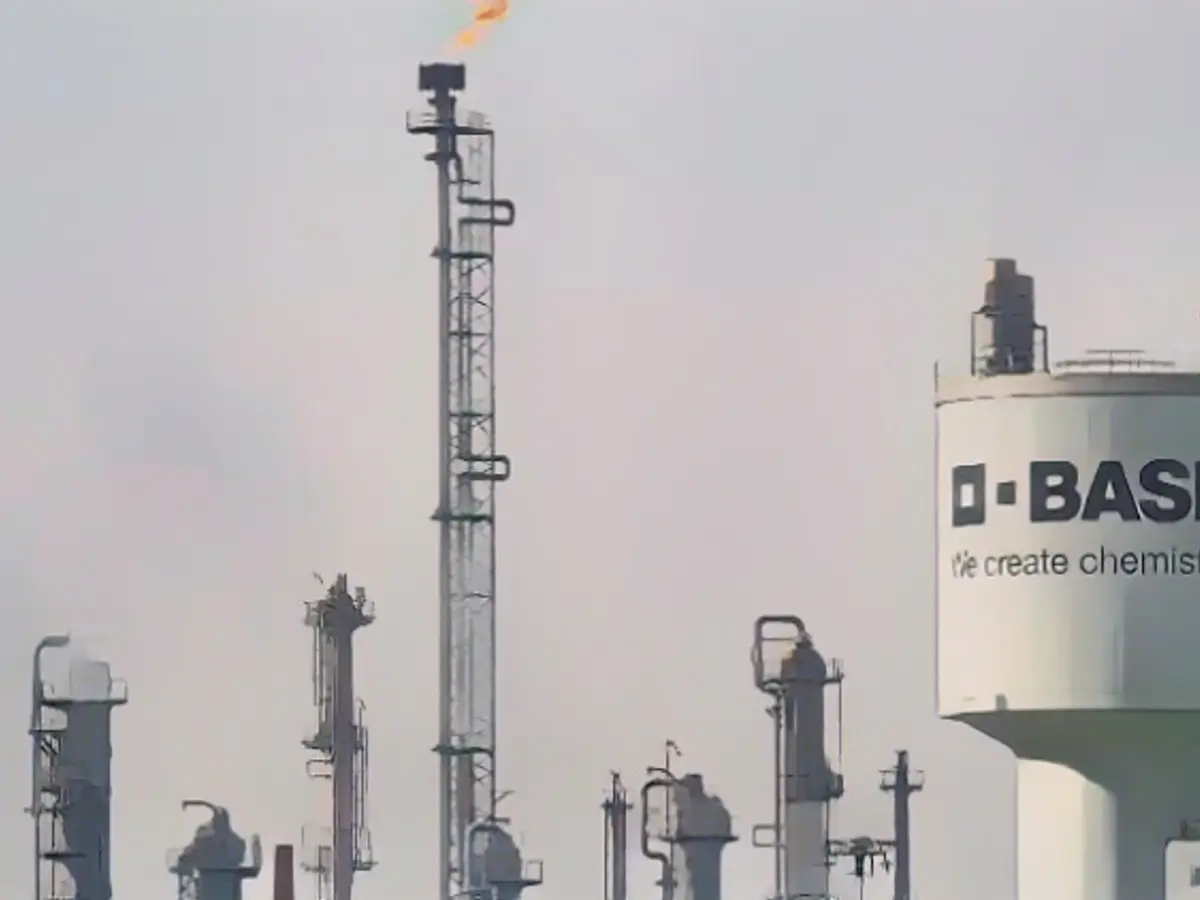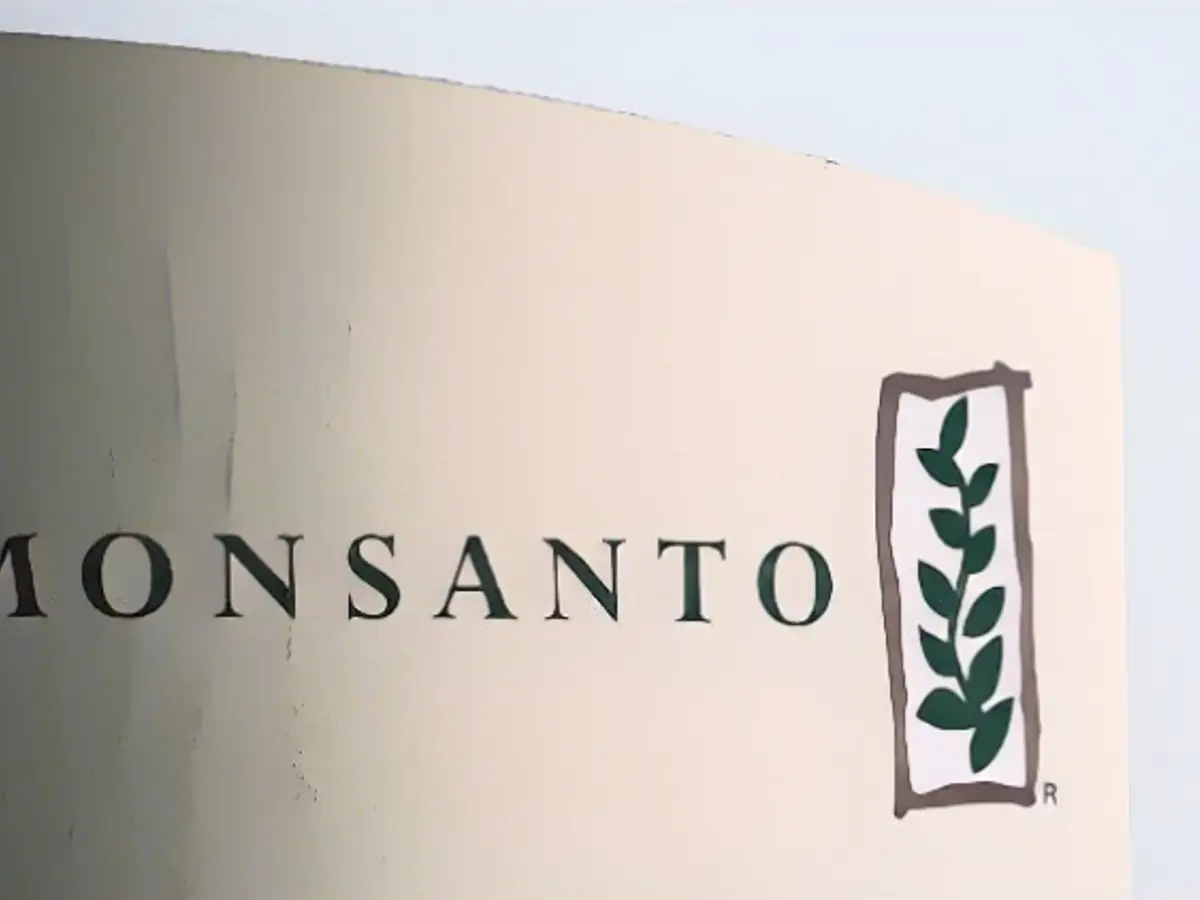Economic Slump in Saxony-Anhalt: The Aftermath of EU's Russia Import Ban
The import of goods from Russia to Saxony-Anhalt has taken a significant hit, with imports plummeting by an astounding 99.1% in 2023. The main culprit? The absence of crude oil and natural gas imports from Russia due to the EU's oil import ban enforced on January 1.
This blow has left a lasting impact on Saxony-Anhalt's energy-intensive chemical industry, a backbone sector for the region. Although alternatives like Norway, the United Arab Emirates, and Great Britain stepped up as main suppliers, the cost increased by a hefty 11%.
While Saxony-Anhalt still imports certain essential goods from Russia, the value of these imports dropped to approximately €23 million by October 2023. Compared to the full-year 2022 figure, including oil and gas imports, this is a significant decrease. Major imported goods still include raw rubber and aluminum products.
The plummet in Russian imports is a trend that's been on the rise for years. In 2013, imports were a staggering €6.4 billion. By 2022, the figure had dropped to nearly half that at €3.6 billion. Exports to Russia have also decreased substantially. In 2013, exports amounted to over €432 million, but by the first nine months of 2023, this figure had dropped to a mere €122 million. Notably, exports to Russia actually surpassed imports for the first time in 2023.
The Leibniz Institute for Economic Research (IWH) reported that problems in the chemical industry contributed to a more pronounced decline in Saxony-Anhalt's GDP compared to the rest of Germany in September 2023.
Examining the Impact in Depth
Despite the EU's ban on Russian oil imports, certain vital goods still make their way to Saxony-Anhalt. The energy-intensive chemical industry, a cornerstone of the region, has lost footing due to the import ban, but alternative sources for natural gas and crude oil have been sought to lessen the blow.
Historically, Germany, including Saxony-Anhalt, has relied heavily on Russian energy imports. In 2022, nearly 55% of Germany's natural gas came straight from Russia. This geopolitical dependence, coupled with international sanctions, has forced Germany to rapidly diversify its energy sources, transitioning to renewable energy sources like wind power, solar energy, and biomass.
The EU oil import ban on Russia has triggered a global energy crisis, impacting Germany and causing significant changes in its trade with Russia, particularly in the chemical industry. Germany has turned to alternative suppliers like Norway and the United States to meet its energy needs. This shift has also affected other sectors in Germany, including manufacturing and logistics, causing a ripple effect throughout the region's industrial base.
Enrichment Insights
- Energy Dependence: The ban on Russian oil imports has led to permanent increases in energy costs for German industry and consumers, as reported by Economy Minister Robert Habeck[2].
- Gas Imports: Despite the official ban on direct imports of Russian liquefied natural gas (LNG) to facilities in Europe, Germany has continued to receive Russian LNG through intermediary ports in Europe, such as Dunkirk in France. This has resulted in a 500% increase in Russian LNG imports in 2024, reaching a total value of 7.32 billion euros[3].
- Impact on Industry: The deindustrialization of the German economy, including Saxony-Anhalt, due to the end of cheap imported Russian gas has been a significant challenge. Energy-intensive industries have been particularly hard hit by the global energy crisis, leading to widespread layoffs and economic contraction[2].
- Alternative Energy Initiatives: In response to these challenges, initiatives like the development of green lithium in Saxony-Anhalt and the establishment of hydrogen hubs in northern Germany aim to reduce dependence on fossil fuels and promote sustainable energy production[4].
- Economic Contraction: The German economy, including Saxony-Anhalt, experienced its second consecutive year of contraction in 2024, with a decline of 0.2% over the year, following a 0.3% contraction in 2023. This economic downturn has been exacerbated by the energy crisis and reliance on Russian energy imports[2].
In brief, the EU oil import ban on Russia has led to increased energy costs, reduced industrial activity, and economic contraction in Saxony-Anhalt, particularly affecting the energy-intensive chemical industry. Ongoing initiatives to develop sustainable energy sources aim to mitigate these impacts and foster a more sustainable economic future.








